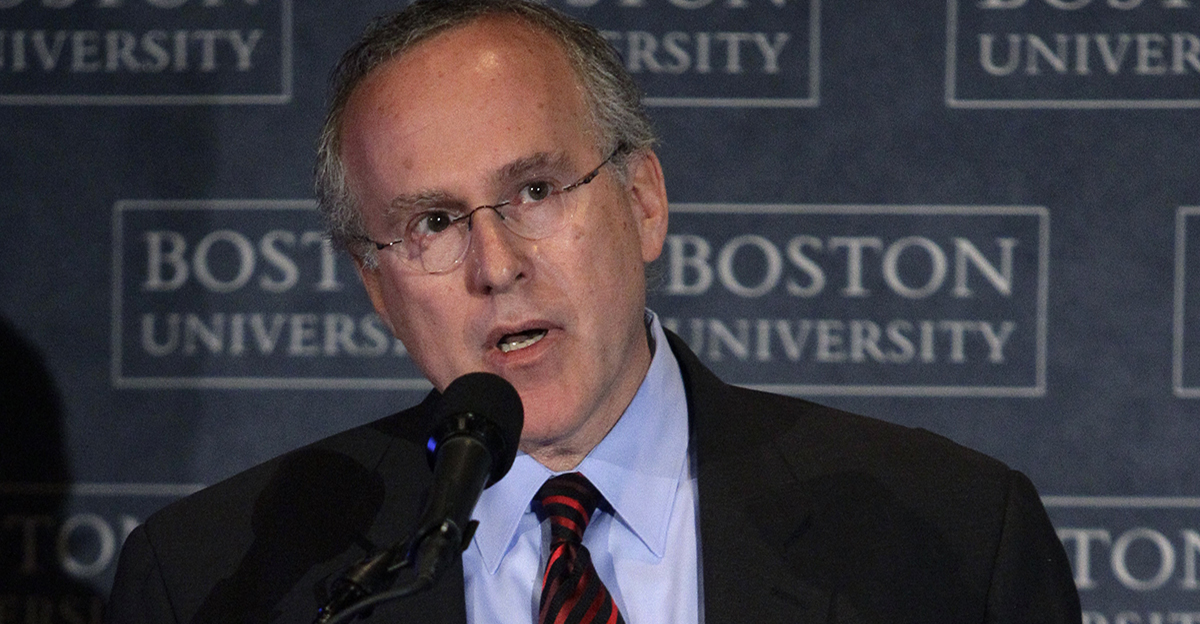Report: NFL Withdrew from Brain Disease Study, ‘Inappropriately’ Lobbied NIH

Robertn Stern photo via AP/Stephan Savoia
In December, ESPN‘s Outside the Lines (OTL) published a story alleging that the NFL backed out of a seven-year, $16 million study focused on the brain disease CTE. The suspected reason? The National Institutes of Health (NIH), which was to fund the study using a $30 million gift from the NFL, had entrusted the research to Robert Stern, a Boston University scientist who is notoriously critical of the NFL’s handling of brain injury.
At that time of that story, the evidence was hazy. A new congressional report, however, confirms OTL’s story, and delves deeper into the tumultuous relationship between the NFL, BU, and the NIH.
The report, led by the U.S. House of Representatives Committee on Energy and Commerce, details the NFL’s lobbying to remove Stern from the study, and its ensuing withdrawal from the project—leaving taxpayers to foot the $16 million bill.
“While the NFL had been publicly proclaiming its role as funder and accelerator of important research, it was privately attempting to influence that research,” the report reads. “The NFL attempted to use its ‘unrestricted gift’ as leverage to steer funding away from one of its critics.”
Specifically, the NFL cited concerns about Stern’s ability to stay neutral and the focus of his proposed research—concerns the congressional investigators determined unfounded. Richard Ellenbogen, co-chairman of the NFL’s committee on brain injuries, was among those critics, despite the fact that he had been passed over for the job in favor of Stern.
The NIH Policy Manual clearly states that private donors cannot influence the agency’s choice of research grantees, a rule that the report finds the NFL ignored. “The NFL inappropriately attempted to influence the selection of NIH research applicants funded by the NFL’s $30 million donation to NIH,” it reads.
Walter Koroshetz, director of the NIH’s National Institute of Neurological Disorders and Stroke, told OTL he “was aware of no other instance” in which a donor so blatantly attempted to influence the NIH’s selection process. Nonetheless, the report says that the NIH followed proper protocols and remained unswayed.
You can see the full report here, and read OTL‘s analysis here.


